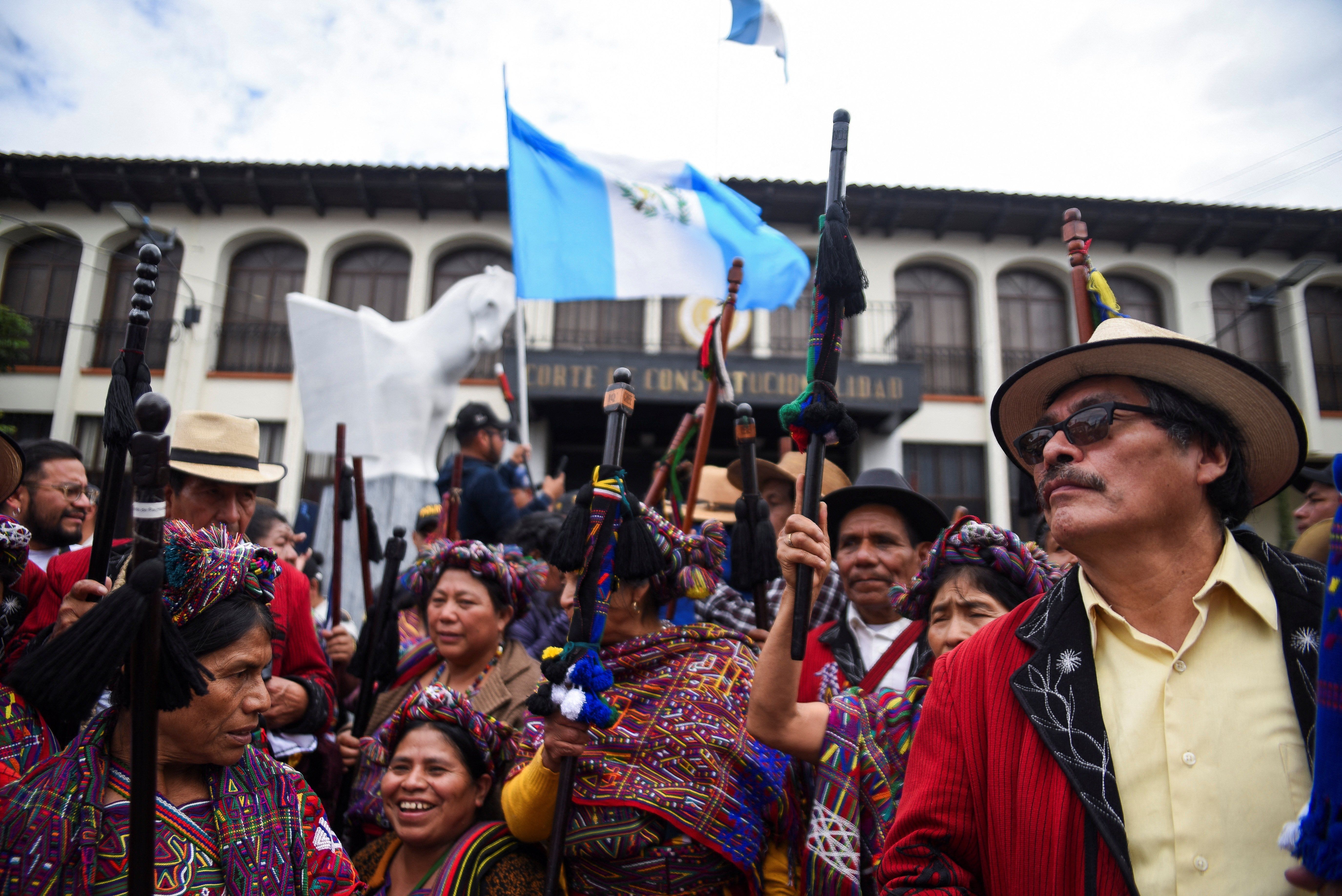A “soft coup” is underway in Guatemala to prevent President-elect Bernardo Arevalo and his center-left Seed Movement Party from taking power on Jan. 14, 2024, six months after winning the national election in a landslide on an anti-corruption platform. Prosecutors want to strip Arevalo’s prosecutorial immunity, allowing for criminal charges related to a student occupation his office is alleged to have used social media to encourage at the country’s largest university last year.
Last week, the attorney general’s office demanded that electoral authorities hand over candidate registration documents for Arevalo and party leader Samuel Perez. The Guatemalan Congress installed a committee to consider stripping these authorities of their immunity, which could lead to arrests and to the questioning of election results. Congress, meanwhile, named new justices loyal to the current regime to the Supreme Court, giving them the power to rubber-stamp these and other legal maneuvers to keep Arevalo out of office.
The international community swiftly condemned these moves. In a statement on Saturday, the Inter-American Commission on Human Rights and its Office of the Special Rapporteur for Freedom of Expression called out the attorney general's "incessant improper actions and interference." Senior US Department of State official Brian Nichols criticized the attorney general's actions in a post on X, and the Democratic Initiative of Spain and the Americas published a letter signed by 29 former heads of state from Latin America and Spain denouncing the "persecution" of Arevalo and Herrera as having the "repeated and clear purpose of obstructing the sovereign will of Guatemalans, already expressed through free elections."
While the country’s constitutional court – which is more divided than the Supreme Court, politically speaking – will have the final say, we’re watching to see whether this outrage translates to street protests, which, together with international condemnation, might be the most effective means of stopping the anti-Arevalo forces from making their soft coup a hard reality.
